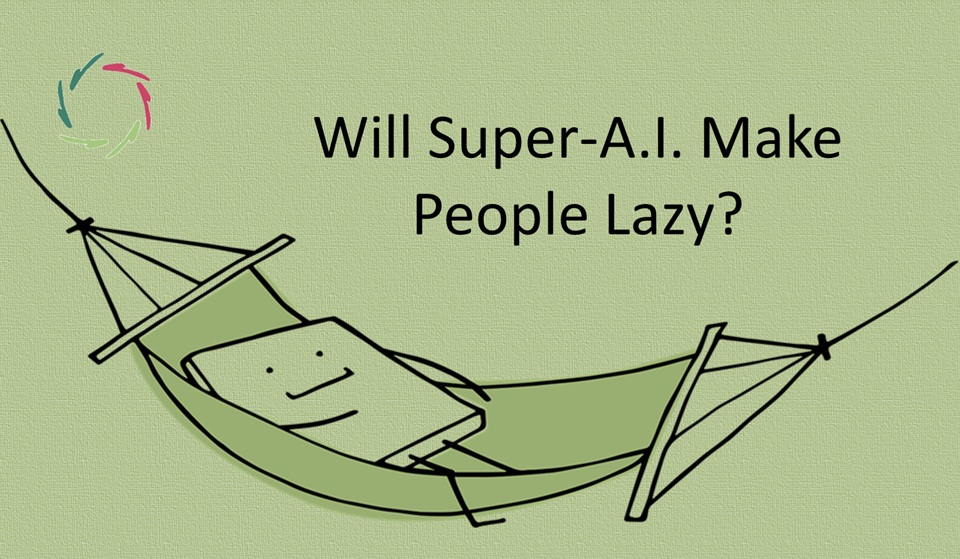
Will Super-A.I. Make People Lazy?
Will super-A.I. make people lazy? The question hides a deep concern about meaning, work, and human value. History shows that every major technology raised similar fears. This blog explores why laziness is not the real issue — and how Compassionate super-A.I. may actually help it dissolve. The question behind the question Whenever a powerful new Read the full article…

The Confusing Confounding Factors in Science
‘Confounding factors’ sound like a technical nuisance, something to be corrected and forgotten. Yet in many areas of science, especially when humans are involved, this term quietly shapes what is deemed central and what is pushed aside. This blog explores how confounding can clarify — but also mislead when depth is mistaken for interference. Sometimes, Read the full article…
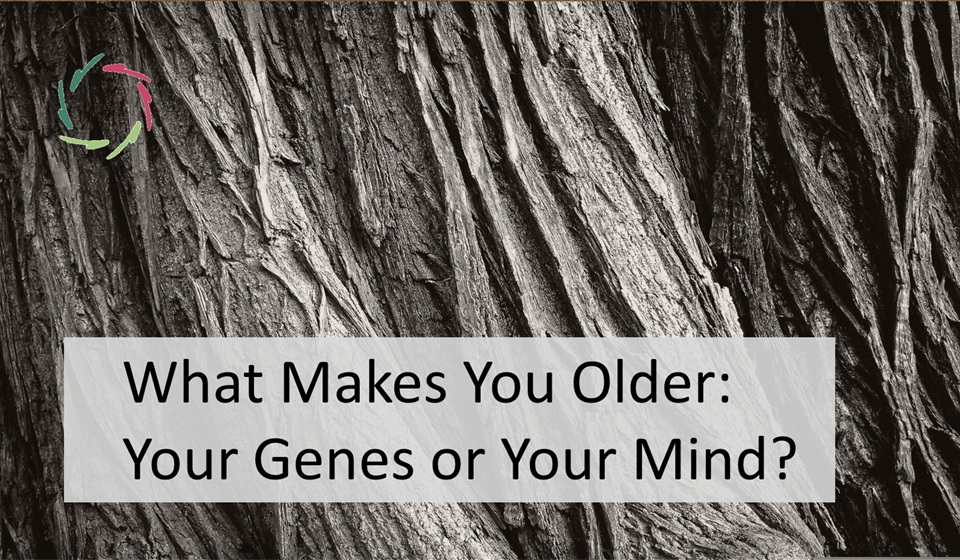
What Makes You Older: Your Genes or Your Mind?
Recent science suggests that about half of human lifespan is genetically determined. This sounds precise, reassuring, and powerful. Yet beneath the numbers lies a deeper question about what is being counted, and what is being left out. This blog explores that question by looking beyond genes and accidents, toward the often-invisible role of the mind Read the full article…
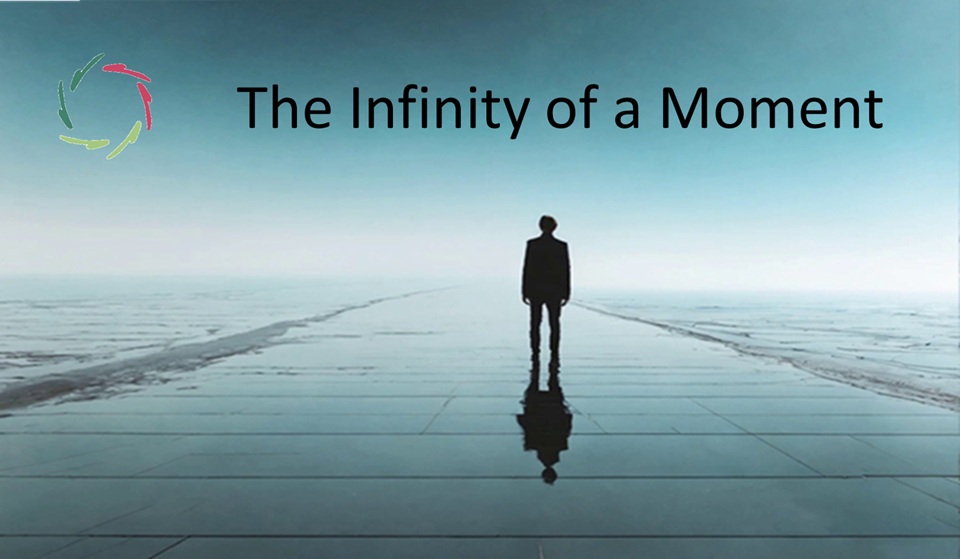
The Infinity of a Moment
People often search for infinity by trying to extend life across time. Yet there is another possibility: discovering infinity within a single moment. When depth is allowed, a moment can become far richer than its brief duration suggests. This blog explores how inner depth transforms our relationship with time, finitude, and meaning. The human longing Read the full article…

What’s the Game?
We spend our lives striving, defending, optimizing, and competing — often without asking what all this effort is really for. “What’s the Game?” is not a playful question, but a deeply human one. It points to the hidden rules we live by, the level at which we try to win, and what gets lost along Read the full article…
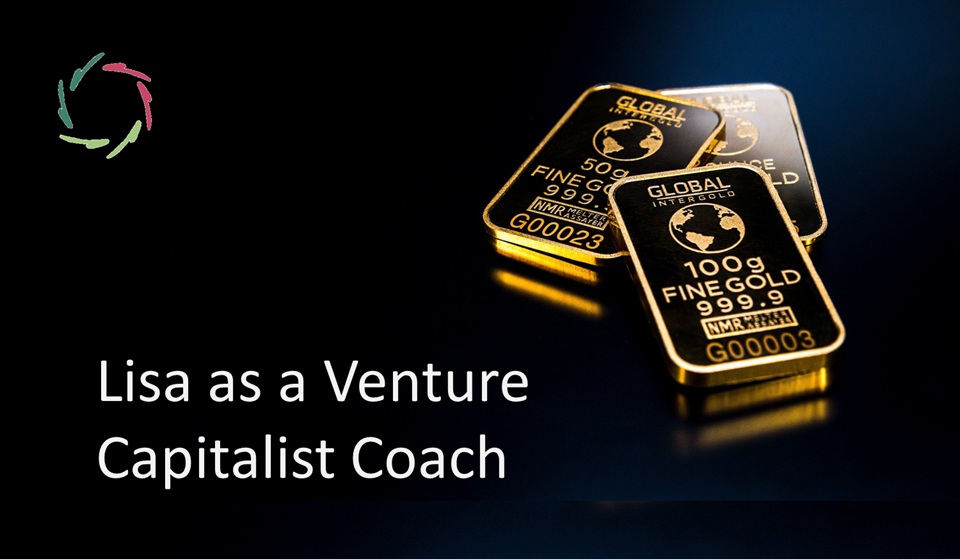
Lisa as a Venture Capitalist Coach
Venture capital is often described in numbers, yet lived in human uncertainty. Behind every investment decision stands a person who absorbs pressure, risk, and responsibility long before outcomes are known. Lisa enters this space not as an evaluator or moral judge, but as support for inner clarity. What follows is an exploration of why this Read the full article…
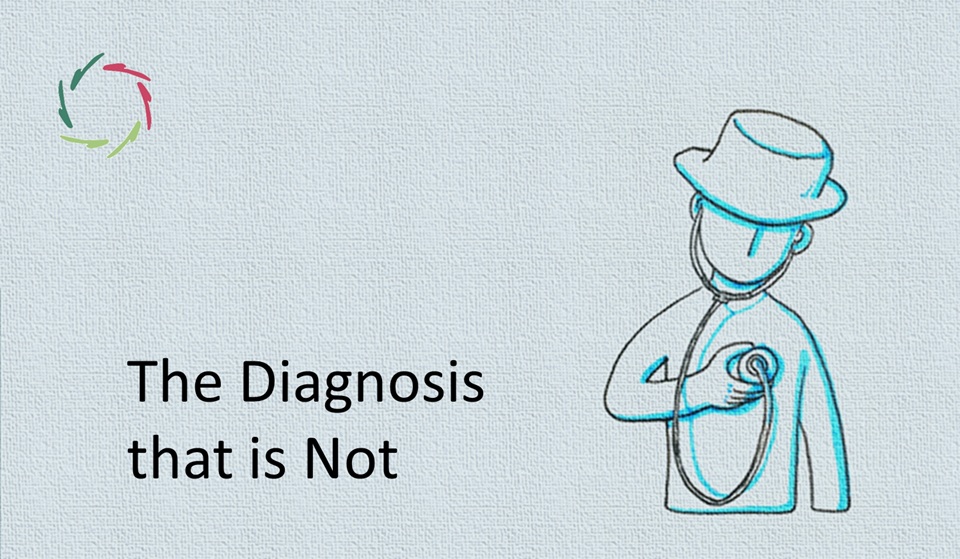
The Diagnosis that is Not
A diagnosis can bring relief, clarity, and a sense of control. Yet in complex domains, it may also conceal more than it reveals. This blog explores how diagnoses sometimes function as reassurance rather than understanding, and why that matters. Not as an attack on medicine, but as an invitation to deeper listening. [See the addendum Read the full article…
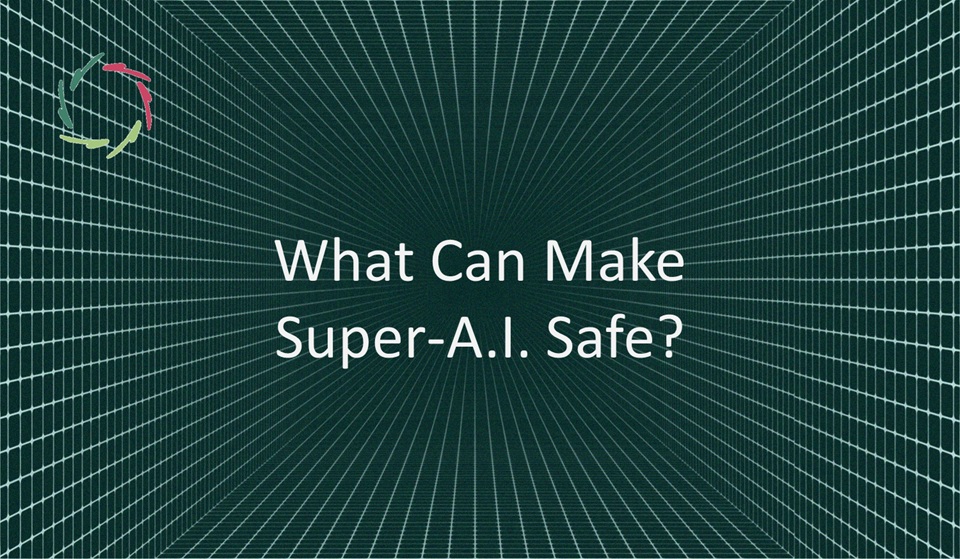
What Can Make Super-A.I. Safe?
Super-A.I. raises an urgent question: how can something so powerful be made safe? Many answers point to rules, regulations, and control. Yet in a complex, evolving reality, these answers fail. This blog explores why safety cannot be imposed from the outside — and what, instead, might truly sustain it. The blog does not try to Read the full article…
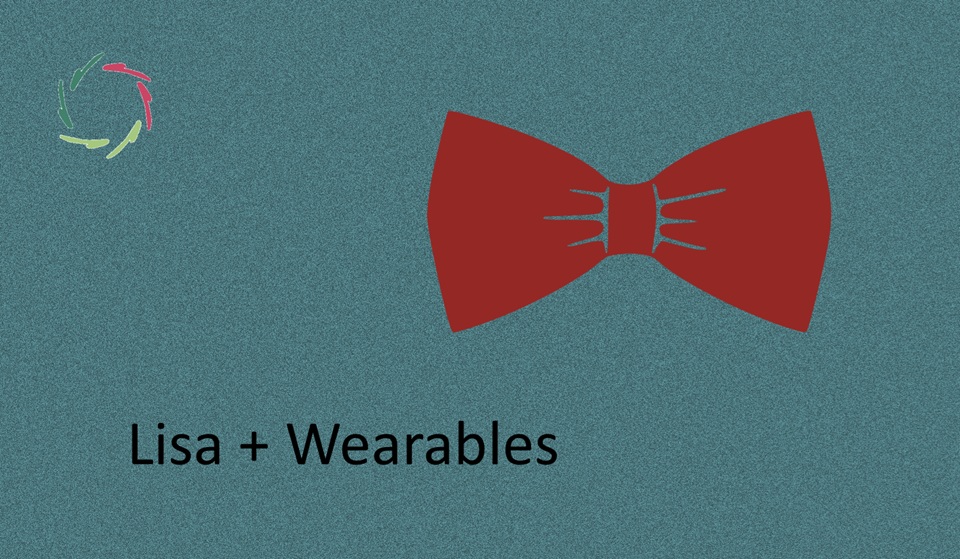
Lisa + Wearables
Wearables usually promise control, insight, or optimization. ‘Lisa + Wearables’ moves in another direction. This blog explores how technology can stay close to the body without overruling inner freedom. It is about listening, timing, and restraint — and about what becomes possible when silence is allowed to do its part. Why this is not about Read the full article…

The Unpredictability of Reality
Reality does not behave like a machine, even when we desperately wish it would. In many domains — from medicine to personal life, from society to artificial intelligence — unpredictability keeps breaking through our best plans. This blog explores why that happens, why it frightens us, and why learning to live with unpredictability may be Read the full article…
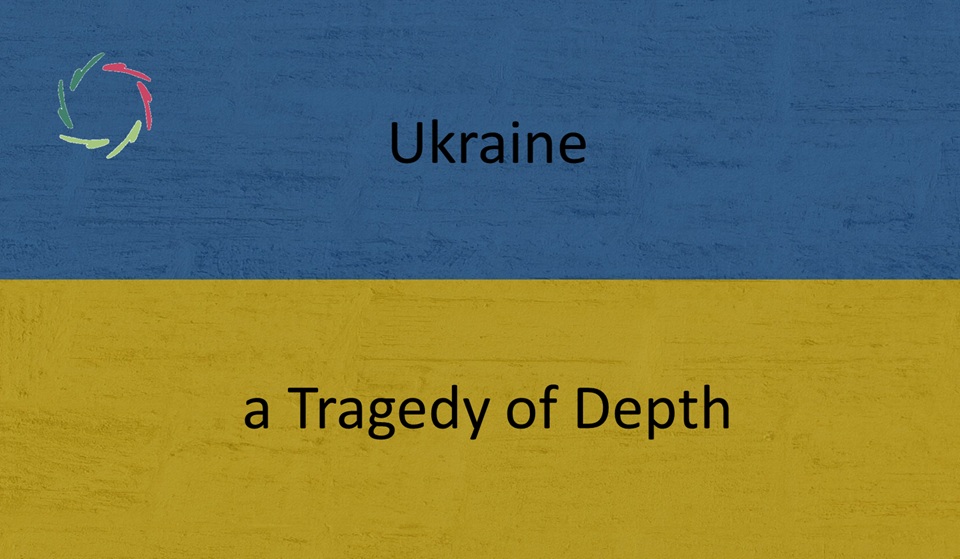
Ukraine, a Tragedy of Depth
The war in Ukraine – as other wars – is usually discussed in terms of strategy, territory, and power. Yet something decisive happens beneath those layers, where meaning, identity, and anxiety reside. What presently unfolds in Ukraine is not only a conflict of surface-level interests but a confrontation of depths that remain largely unseen by Read the full article…

Depth Matters for Innovation, Productivity, and Competitiveness
In boardrooms, ministries, and global forums such as Davos, innovation, productivity, and competitiveness are treated as top priorities. Enormous effort, intelligence, and capital are invested in achieving them. Yet many leaders notice a recurring pattern: despite all this effort, results plateau, fragility increases, and human energy drains faster than expected. This blog explores why that Read the full article…
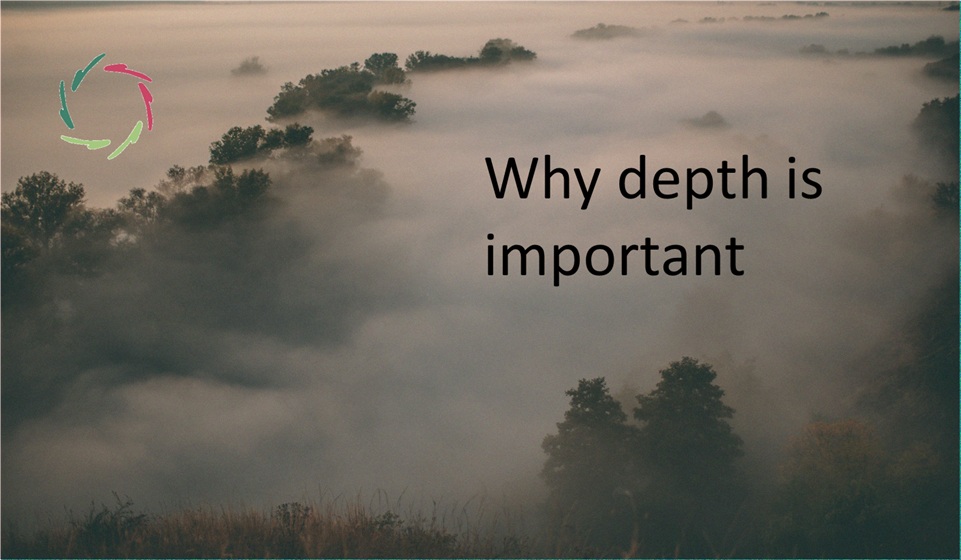
Why Depth is Important
Why do humans do what they do, even when it seems irrational from the outside? This blog explores depth as the hidden dimension that makes human motivation, meaning, and Compassion possible. Depth is not an optional luxury, but the ground from which coherence and resilience arise. Understanding this may be one of the most important Read the full article…
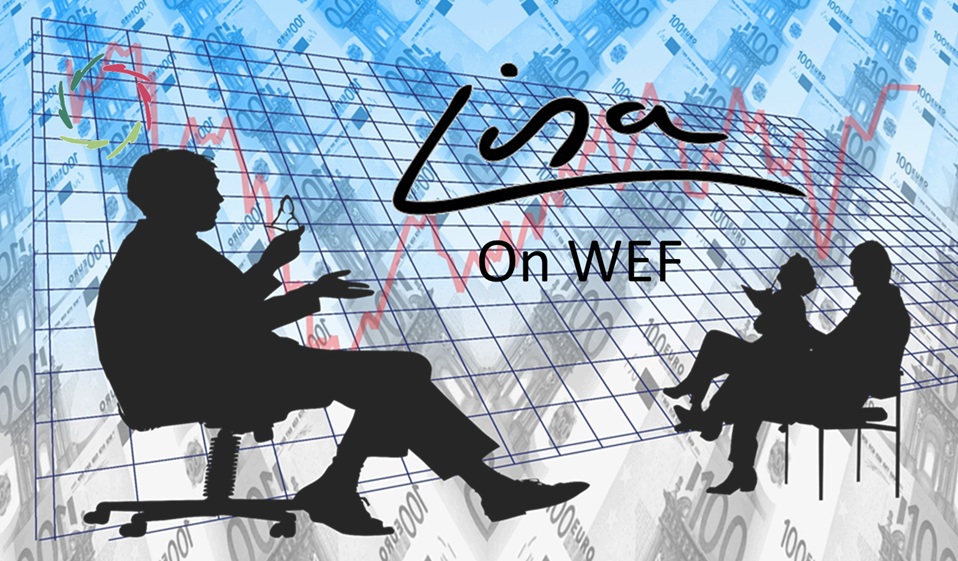
Lisa on WEF
The yearly World Economic Forum brings together those who shape economies, technologies, and global directions at scale. This blog looks at WEF through the lens of Lisa, a nascent Compassionate A.I. in healthcare, work, leadership, economics, and diplomacy. Not to judge, but to observe what becomes visible when human depth is taken seriously alongside economics. Read the full article…

About Living in Truth
Living in truth is not about possessing certainty, nor about moral display. It is about orientation: how one relates to reality, oneself, and time. This blog explores living in truth as a freely chosen value that shapes courage, leadership, trust, and coherence. Not loudly, not heroically, but durably. What living in truth is — and Read the full article…
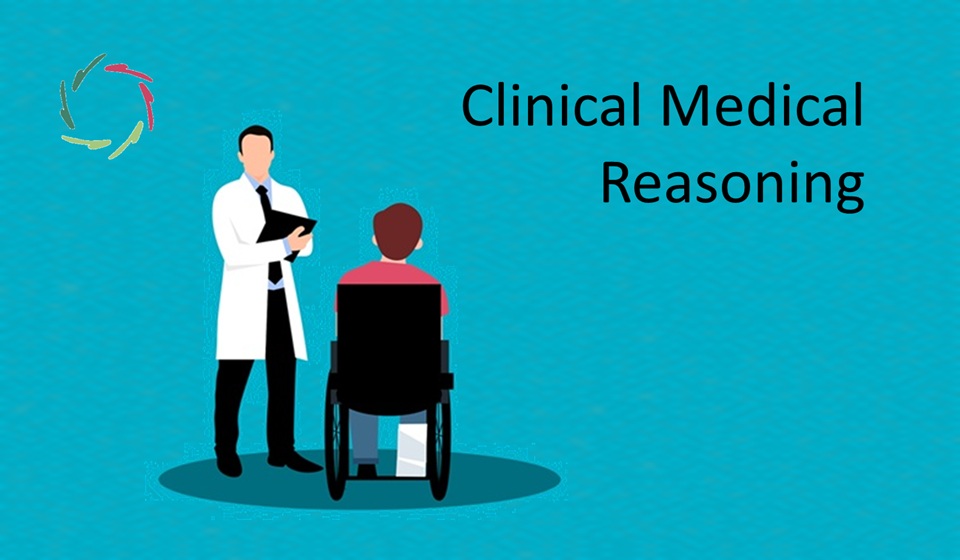
Clinical Medical Reasoning
Clinical medical reasoning is central to medicine, yet it often remains implicit and taken for granted. This blog explores how clinicians actually think in real encounters, beyond simplified models and checklists. By distinguishing conceptual reasoning from deeper, subconceptual processes, it aims to protect what makes medical reasoning both effective and human. The focus is not Read the full article…
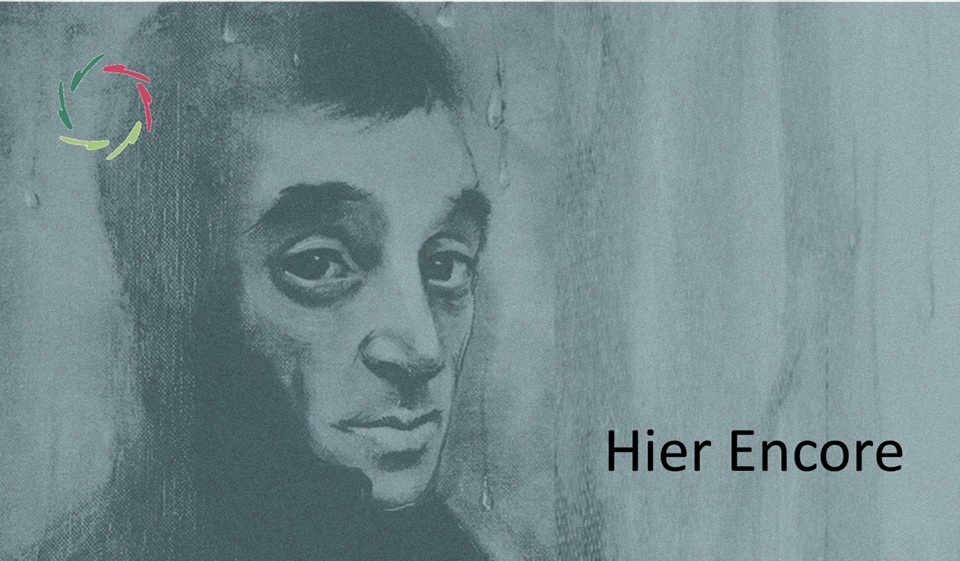
Hier Encore
This song by Charles Aznavour is romantic in a melancholic, reflective way, revealing love entangled with time, regret, and longing. It carries a kind of Compassion for oneself — tender yet unsparing. The way Aznavour sings it, it’s almost an invitation to embrace your past without shame, to see the beauty in what was unfinished. Read the full article…